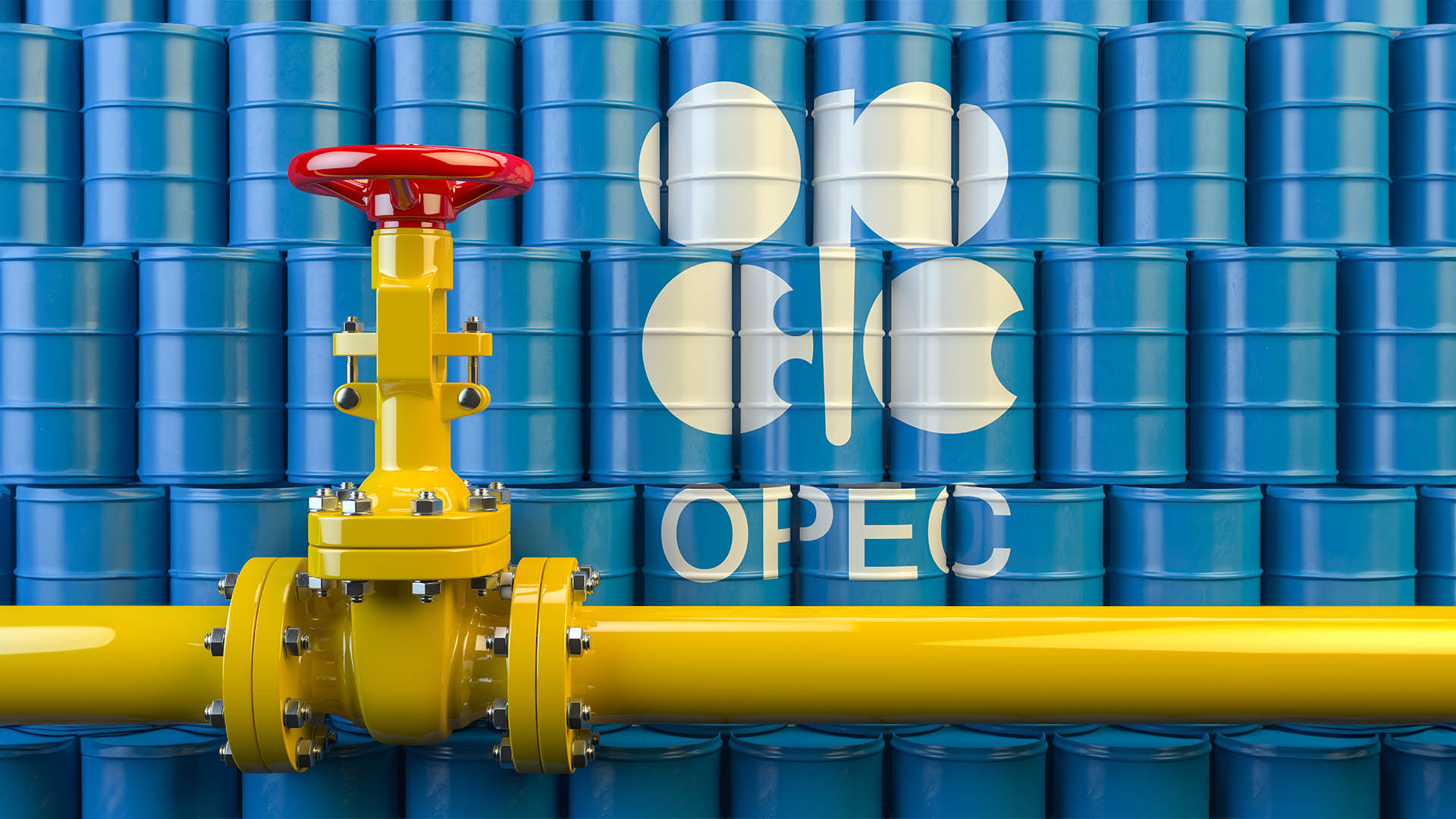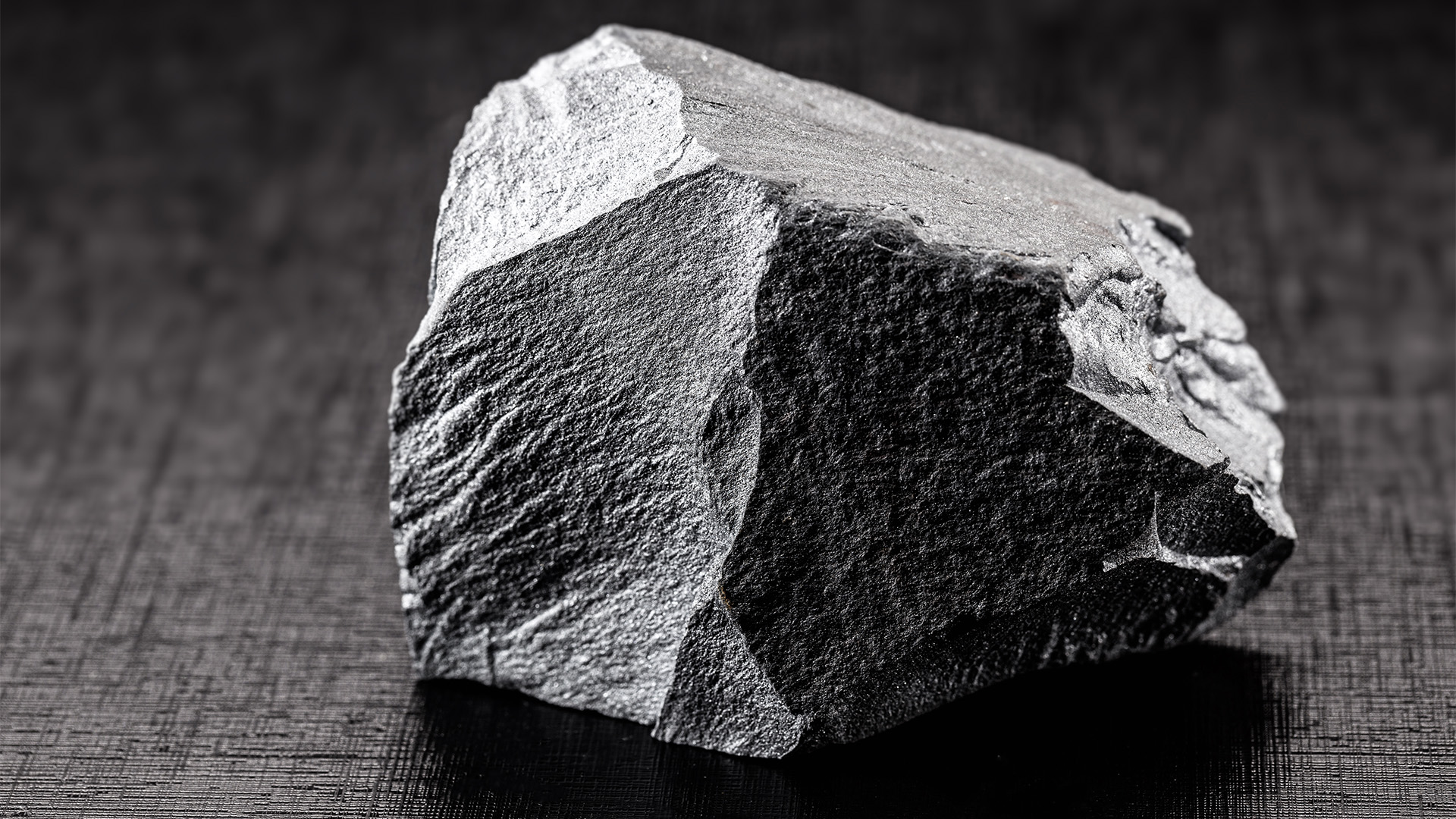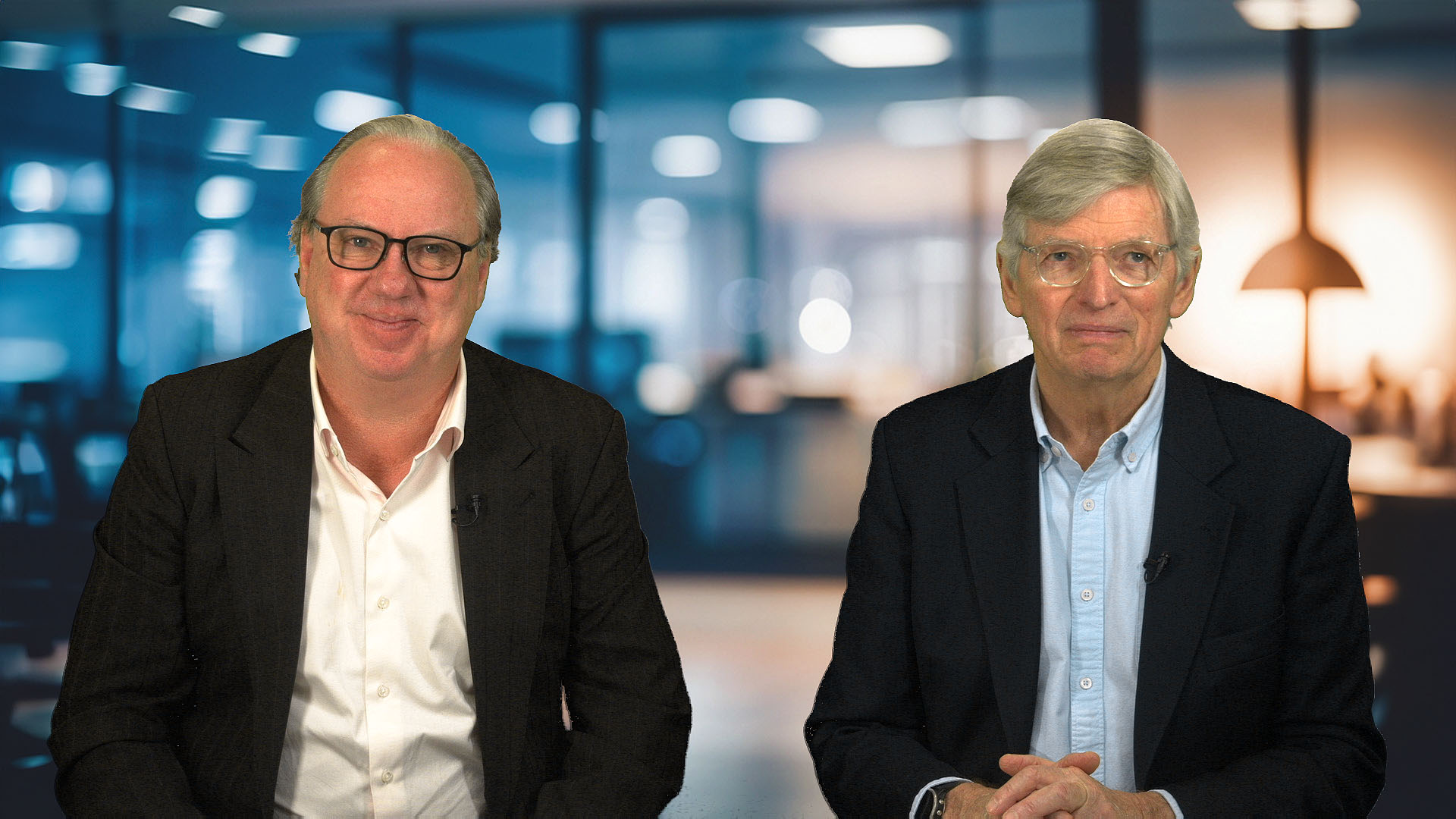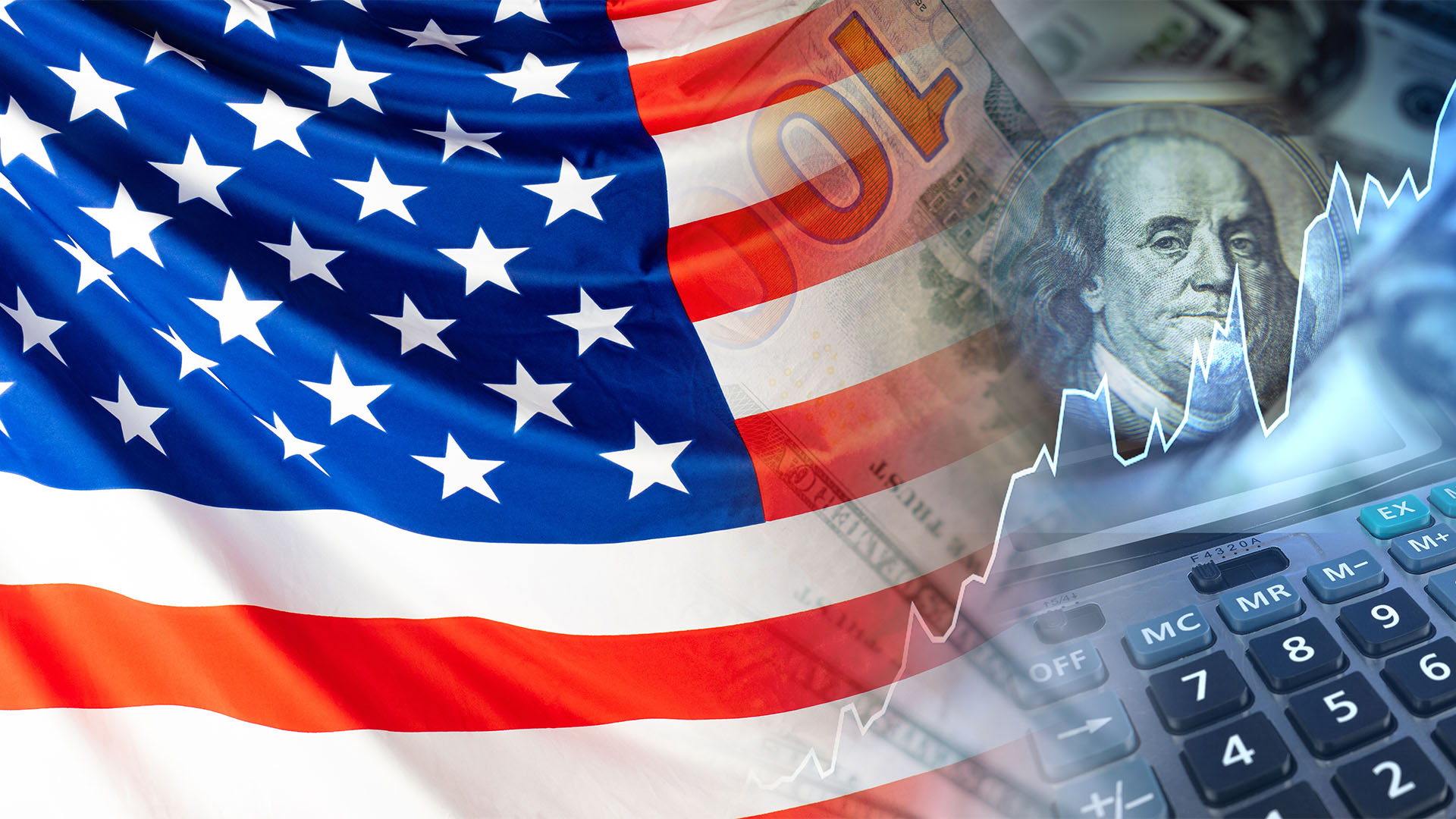So OPEC+ says the 2.2 million in output cuts agreed to in 2023 will remain in place until July.
That means global production has been reduced by more than 5 million barrels a day since late 2022 when OPEC (really Saudi Arabia) moved to try and protect prices started in earnest.
The cuts in 2023 had the direct benefit of helping Russia finance its war in Ukraine — something the Saudis and other OPEC members happily agreed to.
But there has been a split in OPEC as a result, with Angola leaving, Nigeria unhappy and members who are producing above their quotas — especially Iraq, Kazakhstan and the United Arab Emirates — allowed to continue to do so until the end of this month, when they are supposed to reveal if they will stick to their quotas.
Part of this agreement is supposed to see these overproducers agree to cut production below their quotas to make up for their earlier overproduction. Good luck enforcing that.
In a statement following Wednesday's meeting, OPEC+ noted the "high conformity" of members with pledged oil output cuts, although it said some countries had promised to improve their adherence and report on progress.
The panel welcomed pledges from Iraq and Kazakhstan to achieve full conformity as well as to compensate for overproduction, and Russia's announcement that its cuts in the second quarter will be based on production, not exports, OPEC+ said.
"Participating countries with outstanding overproduced volumes for the months of January, February and March 2024 will submit their detailed compensation plans to the OPEC Secretariat by 30 April 2024," the statement said.
Russian Deputy Prime Minister Alexander Novak said on Wednesday Russia was in full compliance with its commitments to reduce oil supplies as part of the OPEC+ deal.
Data from S&P Commodity Insights (Platts) showed the group overproduced by a net 275,000 barrels a day (bpd) in January and by 175,000 bpd in February.
(American-owned Platts is one of the secondary sources used by OPEC+ to assess its members’ production and whether they are sticking to their quotas.)
Iraq reportedly exceeded its quota by around 270,000 barrels a day, the UAE by around 218,000 barrels a day and Kazakhstan by about 92,000 barrels a day. That’s a supposed cut ("compensation") after April 30 of more than half a million barrels a day.
Seeing these countries have built their production levels into their budgets (and Iraq is a bit of a political and religious powder keg in an area full of powder kegs), getting agreement on compensation cuts is going to be tough and full of misleading statements.
Oil prices anyway are more reactive to events in and around Gaza, Syria, Israel and Lebanon than the politics of OPEC+ and Ukraine — even though Ukraine’s targeting of Russian energy facilities does bump prices up every now and then.
Oil prices are around US$85 (for US crude types) to US$90 a barrel (for Brent style crudes).
US crude prices are up around 20 per cent year to date and Brent is up more than 16 per cent.
Don’t be surprised if next week’s US consumer inflation data shows another higher-than-expected reading, with higher oil and petrol prices to blame.
We’ve remarked previously that the US has been the biggest beneficiary of the production cuts and the higher prices. This has confirmed the status of the US as the world’s energy superpower. It is the biggest oil producer at more than 13.1 million barrels a day, biggest LNG exporter last year and so far this year, and now a net energy exporter (with a small add from coal shipments).
The OPEC monitoring panel is due to next meet on June 1, the same day as the full OPEC+ group is due to meet to decide on post-June 30 production levels.
The usual thing is that the agreement is hammered out beforehand and rubber-stamped at the OPEC+ meeting, if the Saudis like the details.














